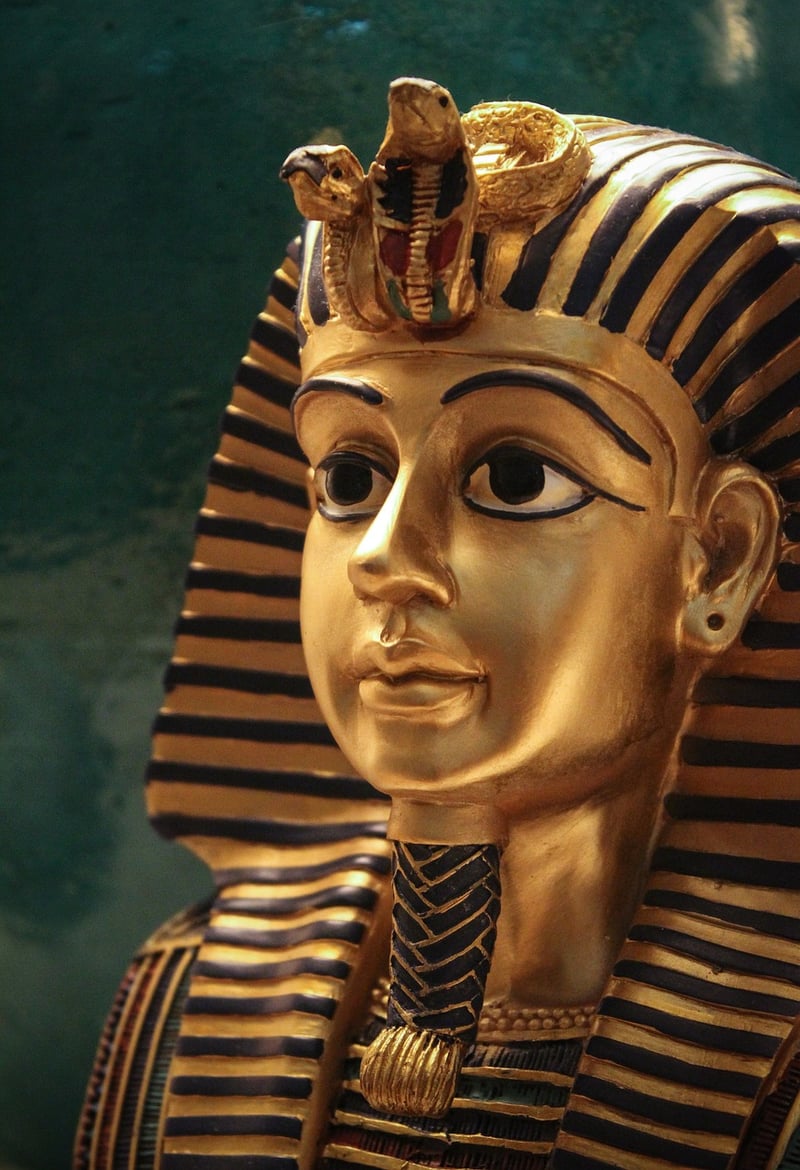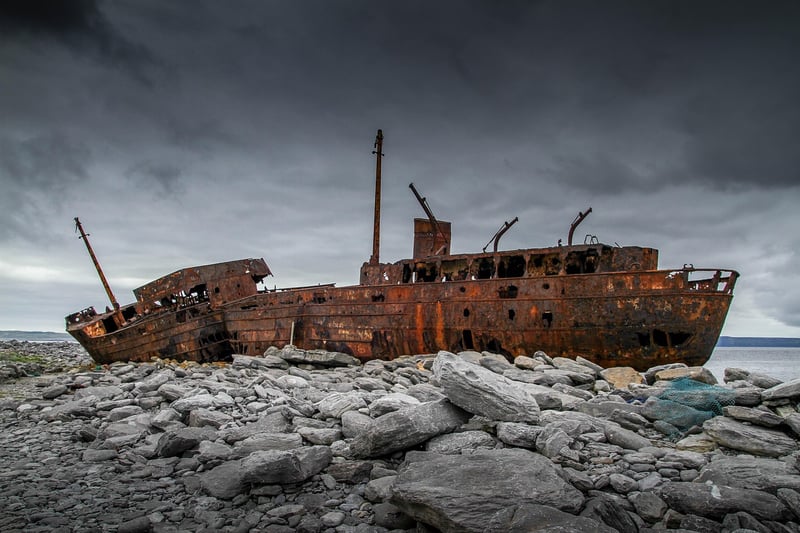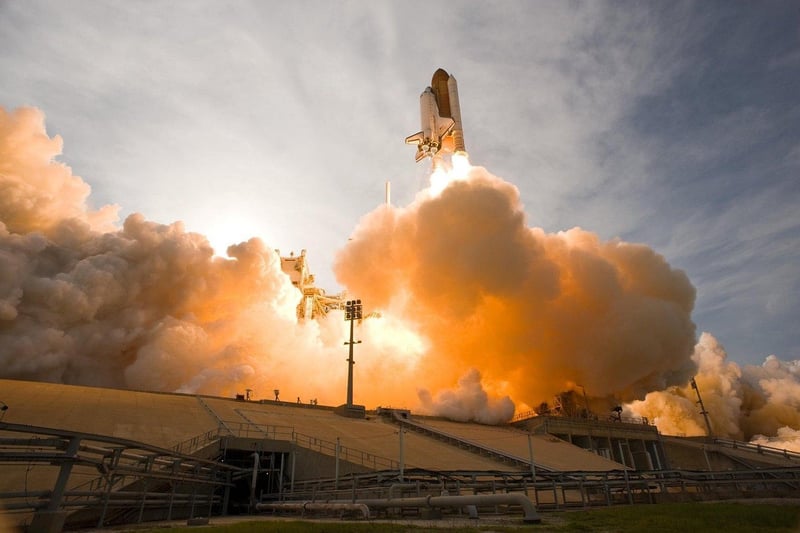Future Exploration
Exploring Different Eras and Future Exploration
Introduction
Exploring different eras and future exploration have always captivated human curiosity. From ancient civilizations to modern space travel, the desire to discover and understand our world and beyond is ingrained in our nature. Let's delve into the various eras of exploration and look ahead to the future of exploration.
Ancient Exploration
Ancient civilizations like the Egyptians, Greeks, and Romans were pioneers in exploration. They sailed the seas, built roads, and established trade routes, expanding their knowledge of the world. The ancient explorers laid the foundation for future generations to push the boundaries of exploration even further.

Age of Discovery
The Age of Discovery in the 15th to 17th centuries saw European explorers like Christopher Columbus, Vasco da Gama, and Ferdinand Magellan embark on voyages that led to the discovery of new lands and cultures. This era marked a significant shift in global exploration and trade.

Modern Exploration
Modern exploration encompasses expeditions to the deepest oceans, highest mountains, and even outer space. Advances in technology have enabled humans to reach places once thought impossible. From the deep-sea exploration to space missions, the spirit of discovery continues to drive us forward.

Future Exploration
The future of exploration holds endless possibilities. With plans for manned missions to Mars, deep-space exploration, and advancements in artificial intelligence and robotics, we are on the brink of exciting new discoveries. The human quest for knowledge and exploration knows no bounds.

Conclusion
Exploration has been a driving force in human history, shaping civilizations and expanding our understanding of the world. From ancient voyages to modern space exploration, the journey of discovery continues to inspire us. As we look towards the future, the possibilities for exploration are limitless, and the quest for knowledge will always propel us forward.
